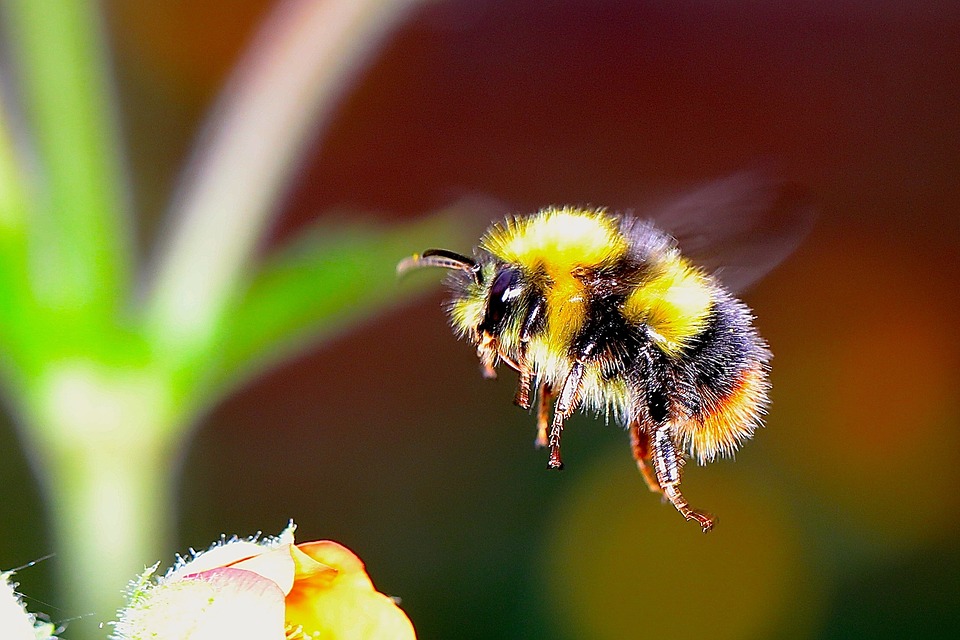The Economist says Cuba’s honey is so good because of its ‘agricultural backwardness’
What it means: Bees matter. Ninety percent of the food the world eats requires bee pollination to grow. So fewer bees means less to eat. Which is why lots of people are super concerned that bees seem to be dying off. The US, for example, has lost 60 percent of its hives since 1947.
But in Cuba, bees are doing just fine. The country gets 7,000 more beehives every year, each of which produces twice as much honey (52kg, if you’re curious) as the US average. They also make lots of moolah for the Cuban government, which buys each tonne of honey off its farmers for a fixed price of $600 and sells it abroad for $4,600, or $14,000 if it’s organic. (As Cuba is a communist country, beekeepers are not allowed to export the honey or set the price themselves).
The Economist says the reason Cuba’s bees are doing so well is that the Cuban economy is so rubbish. Out of 182 countries, Cuba ranks 95th in terms of GDP, which is a measure of how much stuff a country produces and is a widely used (but much criticised) measure of wealth. Cubans are too poor to buy much pesticide, which kills bees. And because they’re not allowed to make personal profits, they’re not as keen to turn lots of their land into farms, which destroys the wild flowers that bees need to live.
Whether or not you think Cuba would be a nice place to live, the fact that it has much healthier bees than richer countries shows that there can be unintended consequences from focusing too much on economic growth (producing more stuff) and forgetting to price up the cost of environmental damage.
This is why some people are keen on ecological economics, which tries to fix this bias by switching the idea of a success economy to one that focuses on sustainability (finding a way to use natural resources without damaging the environment or using them up).

